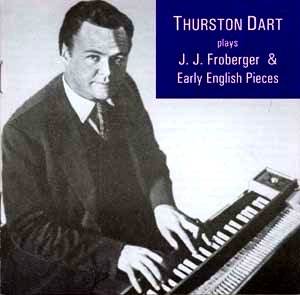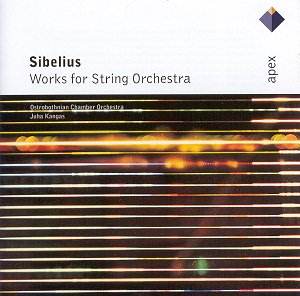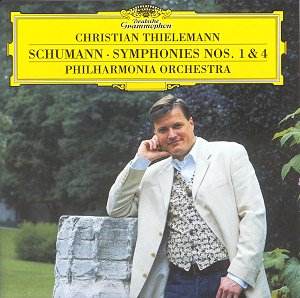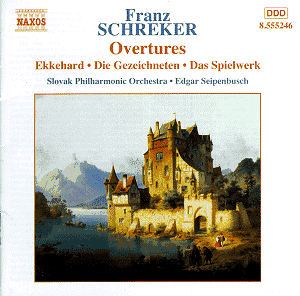 Composer: Johann Jakob Froberger
Composer: Johann Jakob Froberger
Works: Le Tombeau de Monsieur Blancheroche, Suite No. X in A minor, Lamentation for Ferdinand IV, Capriccio No. VI, Suite No. XIV in G minor, Allemande (from Suite No. XX), Ricercar No. VI in C sharp minor, Lamentation for Ferdinand III, Suite No. XIX in C minor, Fantasia No. II, Suite No. III in G major, Allemande (from Suite No. XXX), Suite No. VII in E minor, La Bounette, La Doune Cella, La Shy Myze, An Allemande fitt for the Manicord, Sarabanda (from Suite No. 4 in C minor by William Croft)
Performers: Thurston Dart, clavichord
Recording: 1961
Label: ISMERON JMSCD 5
Johann Jakob Froberger occupies a pivotal position in the development of German keyboard music, bridging the stylistic chasm between the French and Italian baroque traditions. His works, particularly those presented in this recording featuring Thurston Dart on the clavichord, reflect a profound sense of expressiveness that marks a significant departure from the more rigid forms of earlier periods. Froberger’s compositions are imbued with a personal touch, often delineated by evocative titles such as “Le Tombeau de Monsieur Blancheroche” and “Lamentation for Ferdinand IV,” which serve not only as memorials but as emotional conduits for the listener.
Dart’s interpretation of these works is nothing short of revelatory. The clavichord, with its intimate timbre, offers a unique platform for Froberger’s nuanced expression. Each work is approached with a delicate sensitivity, allowing the subtleties of articulation and dynamics to emerge. For instance, in the “Suite No. X in A minor,” Dart draws out the melodic relationships among the movements with a fluidity that is reminiscent of the more expansive suites of later composers such as Bach, yet maintains a distinctly Frobergian character. The performances are meticulously paced, with each section receiving the necessary gravitas without succumbing to undue sentimentality.
The technical execution of the pieces is exemplary, with Dart’s command of the clavichord evident in the intricate passages of the “Ricercar No. VI in C sharp minor.” The work unfolds with a slow exposition that demands both precision and clarity; Dart’s fingers glide effortlessly over the keys, weaving a tapestry of sound that invites the listener into a contemplative space. The engineering of this 1961 recording, while reflective of its time, has been expertly remastered by J. Martin Stafford, ensuring that the clarity of the instrument’s voice is preserved. The sound quality is impressive, allowing the delicate nuances of the clavichord to resonate fully, even amidst the challenges of historical recording techniques.
Contrasting this recording with modern interpretations of Froberger’s works reveals a broader spectrum of performance practice. While contemporary performers may opt for a more robust sound on instruments like the harpsichord, Dart’s approach on the clavichord is refreshingly understated, echoing the intimate domestic settings in which these compositions were likely performed. The inclusion of early English pieces, such as the Croft Sarabande, adds an additional layer of historical context, showcasing Dart’s versatility and highlighting the interconnectedness of European keyboard traditions during this era.
This recording stands as a significant testament to both Froberger’s artistry and Dart’s interpretative prowess. The combination of thoughtful performance and historical insight makes this disc an essential addition to the repertoire for anyone interested in exploring the rich landscape of early keyboard music. The music emerges not merely as notes on a page but as a living dialogue, bridging centuries and styles with a grace that is both enlightening and deeply moving.



